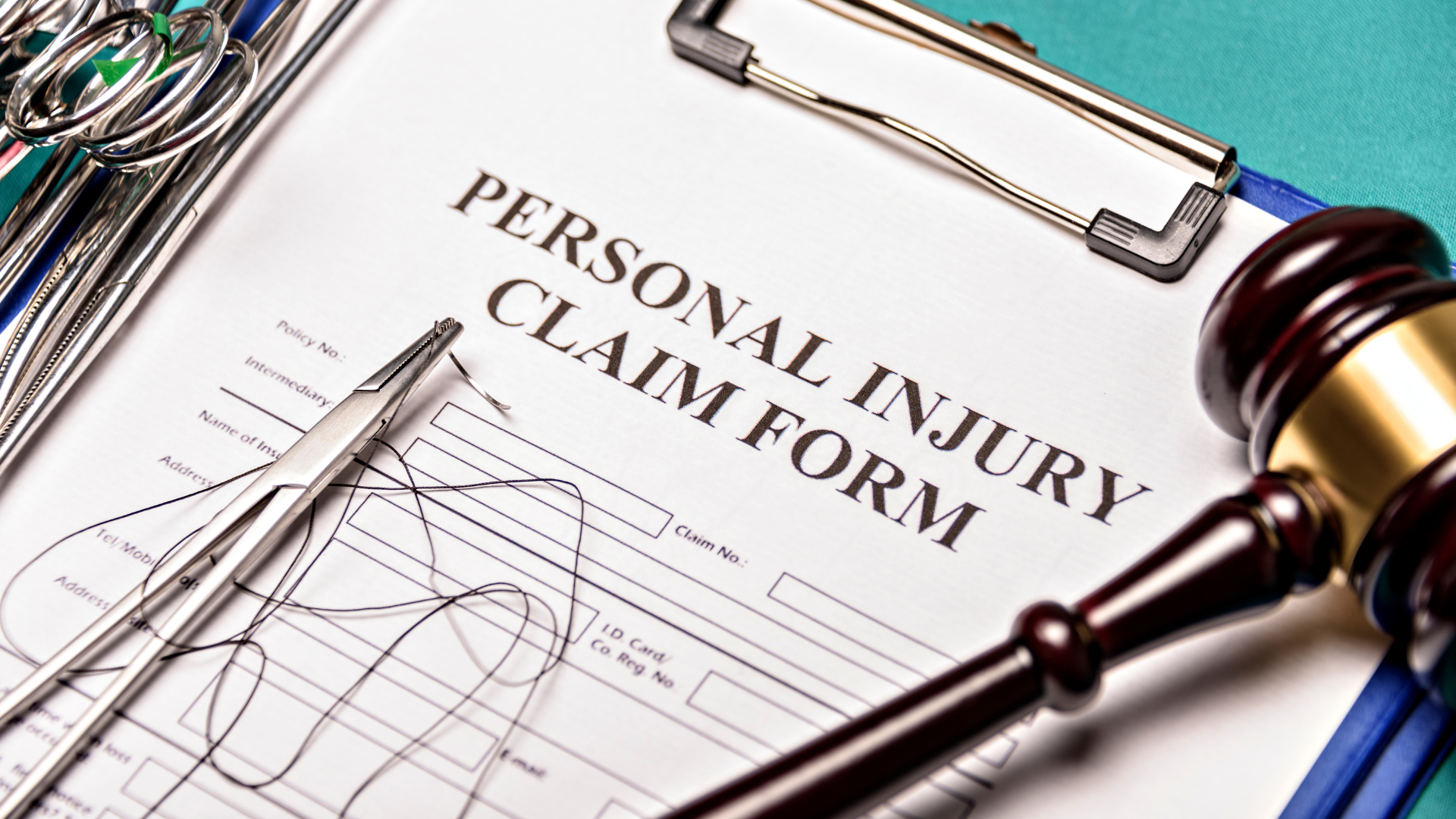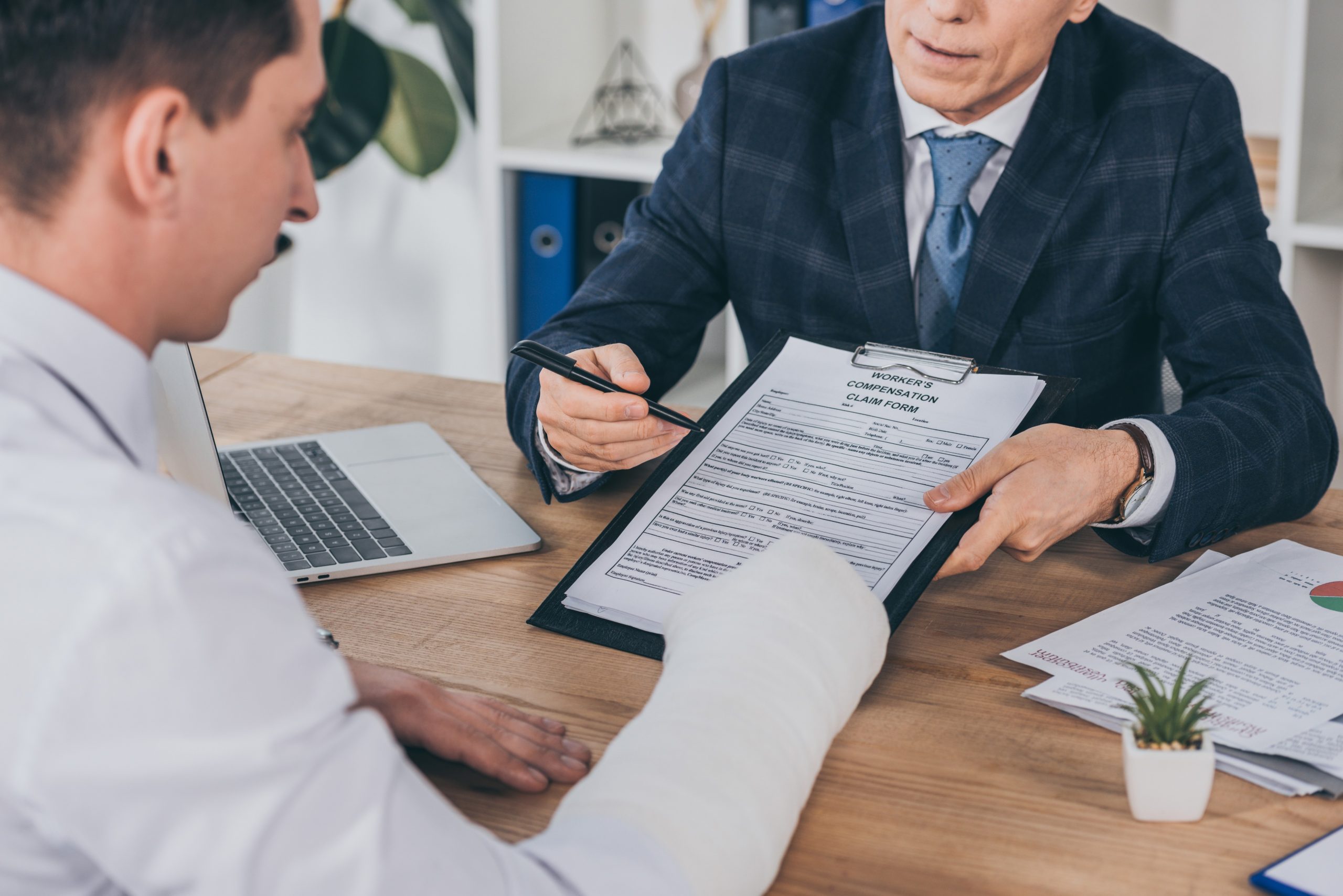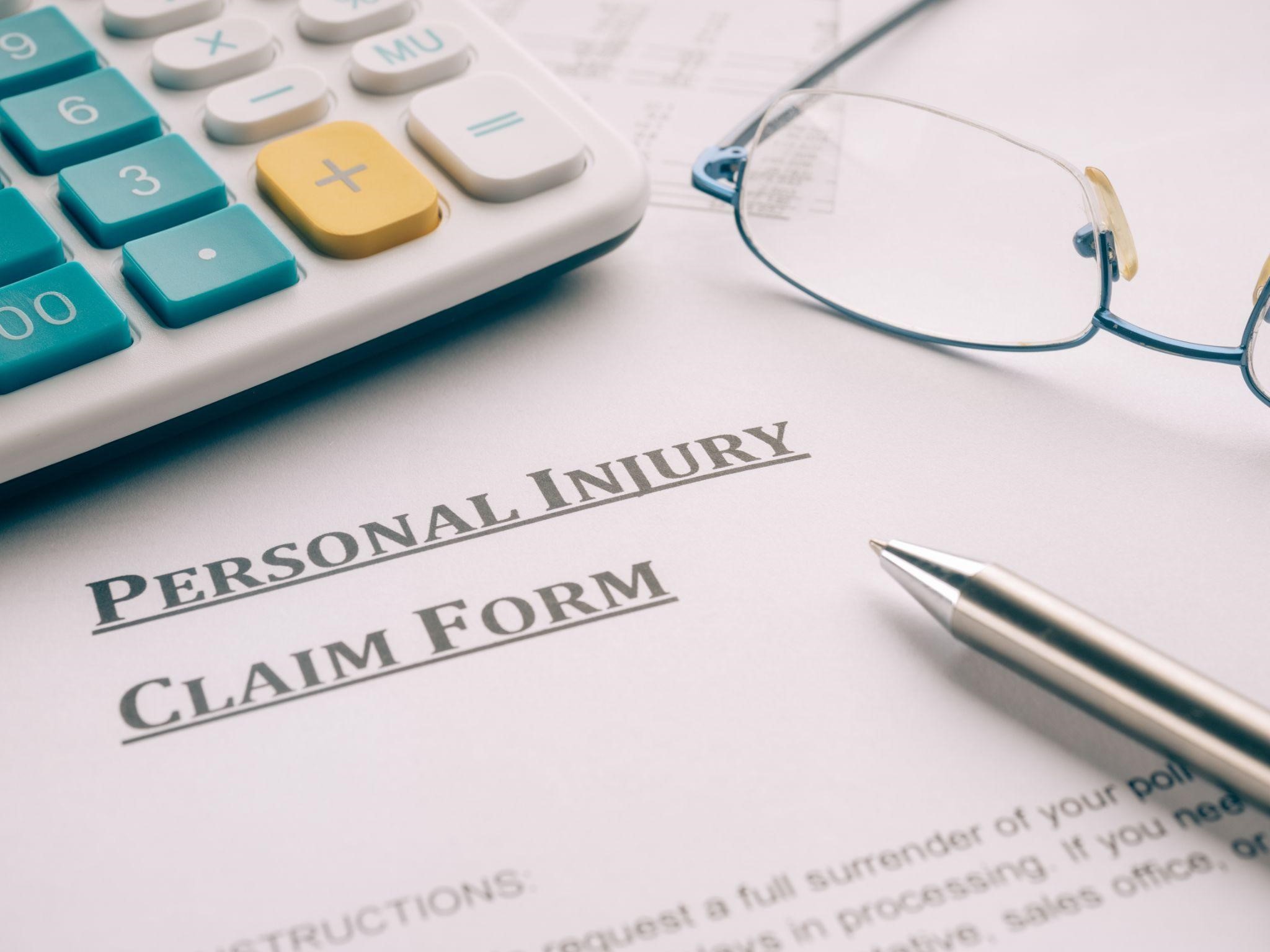Maximizing Compensation in Personal Injury Claims: A Legal Perspective – Guest Post

Navigating the complexities of personal injury claims can be daunting, yet it’s crucial for anyone seeking rightful compensation after an accident or injury. This process not only demands an understanding of legal nuances but also a strategic approach to ensure maximum compensation. Whether stemming from a car accident, a workplace incident, or a slip and fall, understanding the legal process is pivotal.
This article offers a comprehensive guide on how to effectively navigate personal injury claims, highlighting key strategies and legal insights that can significantly influence the outcome of your compensation claim.
Understanding Personal Injury Claims
A personal injury claim arises when an individual suffers harm from an accident or injury for which someone else may be legally responsible. These claims cover a range of incidents, from auto accidents and medical malpractice to workplace injuries and defective products. The legal foundation of such claims rests on proving negligence or breach of duty by the other party.
Compensation can include medical expenses, lost wages, and damages for pain and suffering. It’s essential to understand these components, as they form the basis for seeking and securing the compensation you deserve for the losses and hardships endured.
The Importance of Legal Representation
Securing the services of a competent personal injury lawyer, like those at Stripe & Belote, can significantly enhance the prospects of a favorable outcome in a personal injury claim. Experienced attorneys understand the intricacies of personal injury law and are adept at navigating the tactics of insurance companies.
A personal injury lawyer at Stripe & Belote can provide expert guidance on legal strategy, ensure proper documentation and representation in negotiations or court, and champion your rights to fair compensation. Their expertise not only levels the playing field against insurance companies but also increases the likelihood of securing a maximum compensation for your claim.
The Role of Documentation
Thorough documentation is pivotal in personal injury cases, acting as the bedrock of a successful claim. Immediate and detailed recording of everything related to the incident — from the scene of the accident, medical reports, and treatment receipts, to a log of missed workdays and daily pain levels — is crucial. These records provide tangible evidence to support your claim, strengthening your position during negotiations or in court.
Proper documentation not only establishes the extent of your injuries and impact on your life but also serves to counter any disputes by the opposing party, thereby playing a vital role in maximizing your compensation.
Calculating Damages
In personal injury cases, calculating damages involves quantifying the financial and emotional impact of the injury. This includes tangible costs like medical expenses and lost wages, where bills and pay stubs offer clear evidence. However, it also encompasses intangible damages like pain and suffering, which are subjective and require careful articulation.
Estimating these non-economic damages often involves considering the severity of the injury, the pain endured, and how the injury affects daily life and future prospects. A precise calculation of these damages is crucial, as it forms the basis of the compensation sought, reflecting the true extent of the losses experienced.
Navigating Insurance Company Tactics
Insurance companies often employ tactics to minimize payouts in personal injury cases. Common strategies include disputing the severity of injuries, suggesting pre-existing conditions, and quick, lowball settlement offers. They may also delay the process hoping claimants will settle for less due to financial pressure.
To counter these tactics, it’s crucial to be prepared with thorough documentation, refrain from making any premature statements or agreements, and understand the full extent of your claim’s value. Engaging in informed negotiations, backed by solid evidence, helps in effectively countering these tactics and ensuring a fair settlement.
The Settlement Process
The settlement process in personal injury claims typically begins with the claimant’s lawyer presenting a demand letter to the insurance company, outlining the injuries and requested compensation. Negotiations follow, where both parties discuss a fair settlement amount. If an agreement is reached, the case doesn’t proceed to trial.
However, if negotiations stall, mediation might be introduced as a neutral platform to facilitate agreement. Mediation involves a mediator helping both parties find a middle ground. If this fails, and the case has substantial merit and evidence, going to trial becomes an option, though it’s often lengthier and more complex.
Timelines and Deadlines
Adhering to legal timelines and deadlines is crucial in personal injury claims. Each state has its statute of limitations that defines the timeframe within which a claim must be filed. Missing these deadlines can forfeit your right to compensation. Timely action ensures that your claim remains valid and enforceable.
Wrapping Up
In conclusion, maximizing compensation in personal injury claims hinges on understanding the claim process, thorough documentation, accurately calculating damages, and effectively navigating insurance tactics. Being proactive and seeking expert legal counsel is paramount in navigating your claim successfully, ensuring you receive the compensation you rightfully deserve for your injuries and associated losses.






Recent Comments